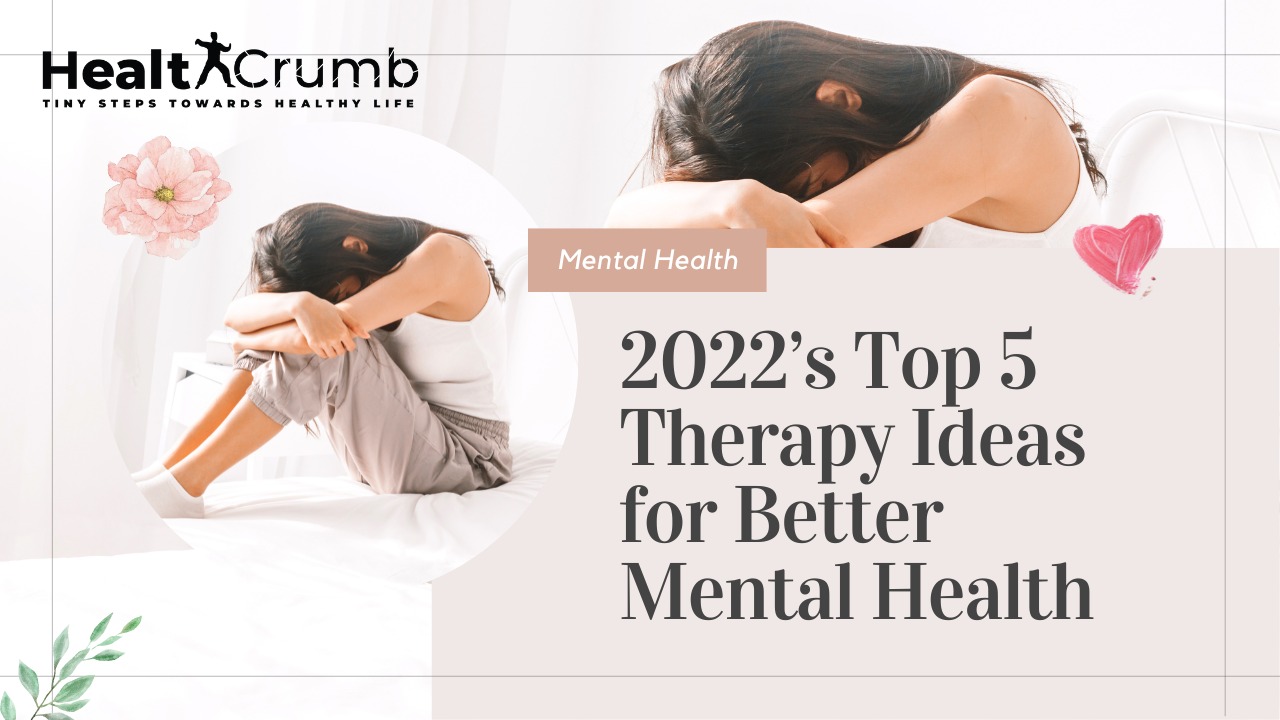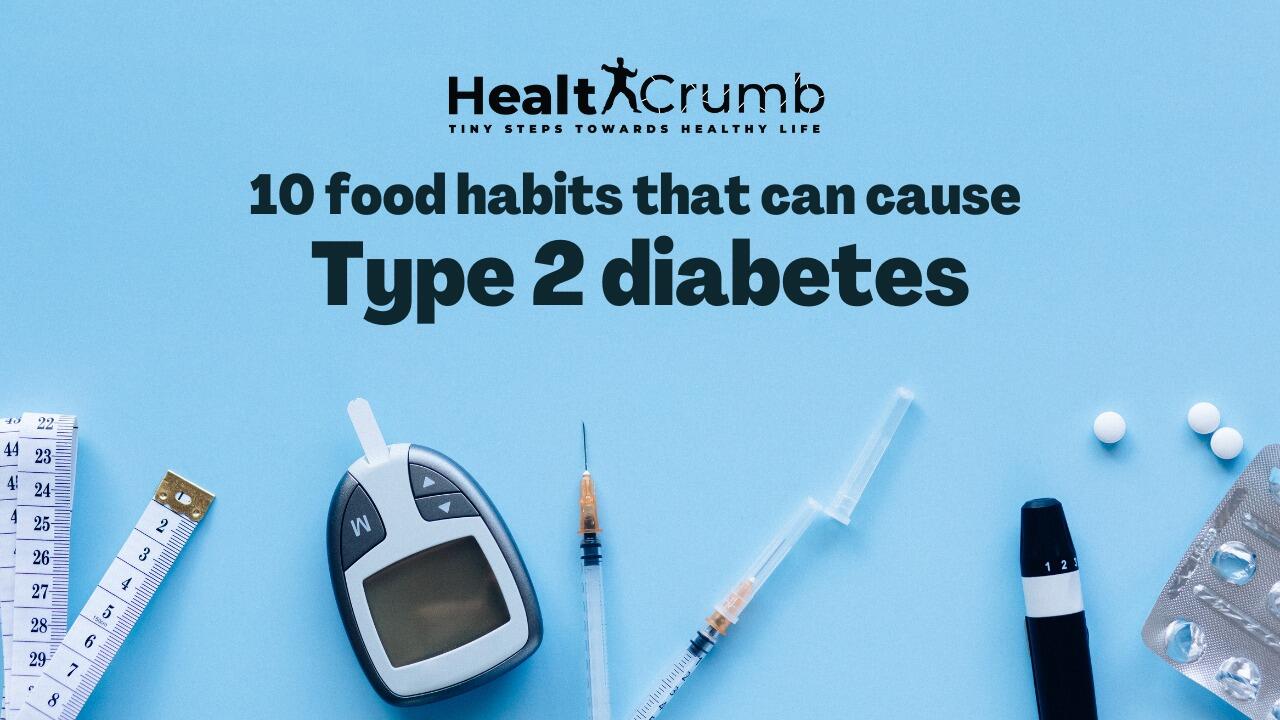The last decade has seen a growing awareness of the importance of mental health. And as we move into the next decade, it is clear that this trend is here to stay. But what does that mean for those of us who are looking for ways to improve our mental health? What are the top ideas of therapy for mental health 2022?
In this blog post, we will explore five of the top therapy ideas for better mental health in 2022. From online therapy for mental health to nature-based therapies and more, these are sure to be trends that will help improve your mental health and wellbeing.
Why Therapy for Mental Health is Necessary?
It is no secret that mental health is something that should be taken seriously. After all, it is our mind that controls everything we do. If our mind is not healthy, then it can lead to serious problems in our lives. That is why therapy for mental health is so important.
There are a number of reasons why therapy for mental health is necessary. The reasons include:
- It can help us to understand our thoughts and feelings. This understanding can be incredibly valuable in helping us to make better decisions in our lives.
- Therapy for mental health can help us to learn how to cope with stress and anxiety. This is important because stress and anxiety can lead to a number of problems if they are not properly managed.
- Therapy can help us to develop healthier relationships with others. This is important because our relationships are a key part of our overall wellbeing.
If you are struggling with your mental health, then I encourage you to seek out therapy for mental health from a qualified professional. It could be the best decision you ever make.
The 5 therapy ideas include:
- Cognitive Behavioral Therapy
- Exposure Therapy
- Dialectical Behavioral Therapy
- Acceptance and Commitment Therapy
- Integrative Psychotherapy
1. Cognitive Behavioral Therapy
Cognitive behavioral therapy (CBT) is a type of therapy for mental health that helps people change their negative thoughts and behaviors. CBT has been shown to be an effective treatment for many mental health conditions, such as depression, anxiety, and post-traumatic stress disorder (PTSD).
CBT works by helping people identify and change the negative thoughts and beliefs that are causing their negative behaviors. For example, someone with depression may believe that they are worthless and undeserving of happiness. CBT would help them to identify these negative thoughts and beliefs, and then challenge and reframe them. The goal is to help the person develop more positive and realistic thoughts and beliefs about themselves, which will in turn lead to better mental health.
If you’re interested in trying CBT, talk to your doctor or mental health professional about finding a therapist who specializes in therapy.
2. Exposure Therapy
Exposure therapy is a type of cognitive behavioral therapy for mental health that helps people confront their fears and anxieties.
The goal of exposure therapy for mental health is to help people become less afraid of their fears and more able to manage their anxiety.
Exposure therapy can be used to treat a wide range of fears and anxiety disorders, including phobias, post-traumatic stress disorder (PTSD), and OCD. Exposure therapy usually involves gradually exposing the person to the thing they are afraid of or the situations that trigger their anxiety.
This exposure can be done in a safe and controlled environment, such as with a therapist, or it can be done in real-life situations.
Exposure therapy has been found to be an effective treatment for many people with anxiety disorders. It can help people learn to control their fear and anxiety and live normal, productive lives.
3. Dialectical Behavior Therapy
Dialectical Behavior Therapy (DBT) is a cognitive-behavioral treatment that was originally developed to treat borderline personality disorder. DBT has been shown to be effective in treating a range of mental health conditions, including depression, anxiety, eating disorders, substance abuse, and post-traumatic stress disorder.
DBT focuses on helping people change their unhealthy thinking and behavioral patterns by teaching them new skills. The four main skills taught in DBT are mindfulness, distress tolerance, interpersonal effectiveness, and emotion regulation.
Mindfulness is about being present at the moment and observing your thoughts and feelings without judgment. This can help you to become more aware of your triggers and learn how to control your reactions.
4. Acceptance and Commitment Therapy
Acceptance and Commitment Therapy (ACT) is a newer form of cognitive behavioral therapy for mental health that has shown to be effective in treating a variety of mental health issues. ACT focuses on helping people accept their thoughts and feelings without trying to change them.
This can be a difficult concept for some people to grasp, but the goal is to help people live in the present moment and make choices that are in line with their values. One of the main ways ACT accomplishes this is through mindfulness, which is a technique that helps people focus on the present moment without judgment.
Research has shown that mindfulness can help reduce stress, anxiety, and depression. If you’re looking for a therapist who uses ACT, you can search for one on the Association for Contextual Behavioral Science website.
5. Interpersonal Therapy
Interpersonal therapy (IPT) is a type of cognitive behavioral therapy for mental health that focuses on helping people improve their relationships with others. IPT is often used to treat depression, but it can also be used to treat other mental health issues such as anxiety and eating disorders.
IPT is based on the idea that our relationships with others play a major role in our mental health. Therefore, by improving our relationships, we can improve our mental health. IPT typically involves meeting with a therapist for 12-16 sessions over the course of 3-4 months.
If you’re interested in finding an interpersonal therapist near you, you can search for one on the American Psychiatric Association website.
How to Implement These Ideas Into Your Life
The first step is to find a therapist that you trust and feel comfortable with. This may take some time and research, but it’s worth it to find someone who you can really open up to.
Once you have found a therapist, the two of you will work together to come up with a treatment plan that specifically addresses your needs.
There are many different types of therapy for mental health, so it’s important to find one that fits your personality and needs.
Some people do best with traditional talk therapy, while others prefer more creative approaches such as art therapy or music therapy.
There is no wrong answer – it’s all about finding what works best for you.
In addition to attending therapy sessions, there are also things that you can do at home to support your mental health. Putting into practice the things that you learn in therapy can help make a big difference in how you feel day-to-day. Here are some ideas:
• Make time for yourself: schedule regular “me time” where you can do something that makes you happy, without stress or obligations. This could be something as simple as reading a book, taking a bath, or going for a walk outdoors.
• Stay connected: social connection is an important part of mental health, so make sure to stay in touch with family and friends – even if it’s just virtually for now. If you’re feeling isolated, there are also many online support groups available for different mental health issues.
• Be mindful: Mindfulness is all about being present at the moment and focusing on your breath. There are many apps and websites that offer guided mindfulness meditation, or you can simply find a quiet spot to sit or lie down and focus on your breath for a few minutes.
• Get active: exercise is a great way to boost your mood, reduce stress and staying active. Even just a short walk outdoors can make a big difference. If you’re not sure where to start, there are many free workout videos available online.
• Make healthy choices: what you eat and drink can have a big impact on your mental health. Eating a balanced diet and avoiding substance abuse are important for maintaining good mental health.
Taking care of your mental health is an important part of overall wellness. By implementing some (or all) of these ideas of therapy for mental health into your life, you can start to feel better and more like yourself again.
Final Words
It’s no secret that mental health is something that should be taken seriously. To maintain good mental health, it’s important to find healthy coping mechanisms and to seek professional help when needed.
There are variety of ideas of therapy for mental health out there that can help improve mental health.
No matter what type of therapy you choose, the most important thing is to find something that works for you and that you’re comfortable with. If you’re not sure where to start, talk to your doctor or a mental health professional.
They can help you figure out which type of therapy for mental health would be best for you.
As we move into 2022, it’s important to be proactive about our mental health and wellbeing. Try out some of these ideas of therapy for mental health and see which ones work best for you. Don’t be afraid to experiment and find what works best for you. Remember, your mental health is just as important as your physical health. Take care of yourself!


